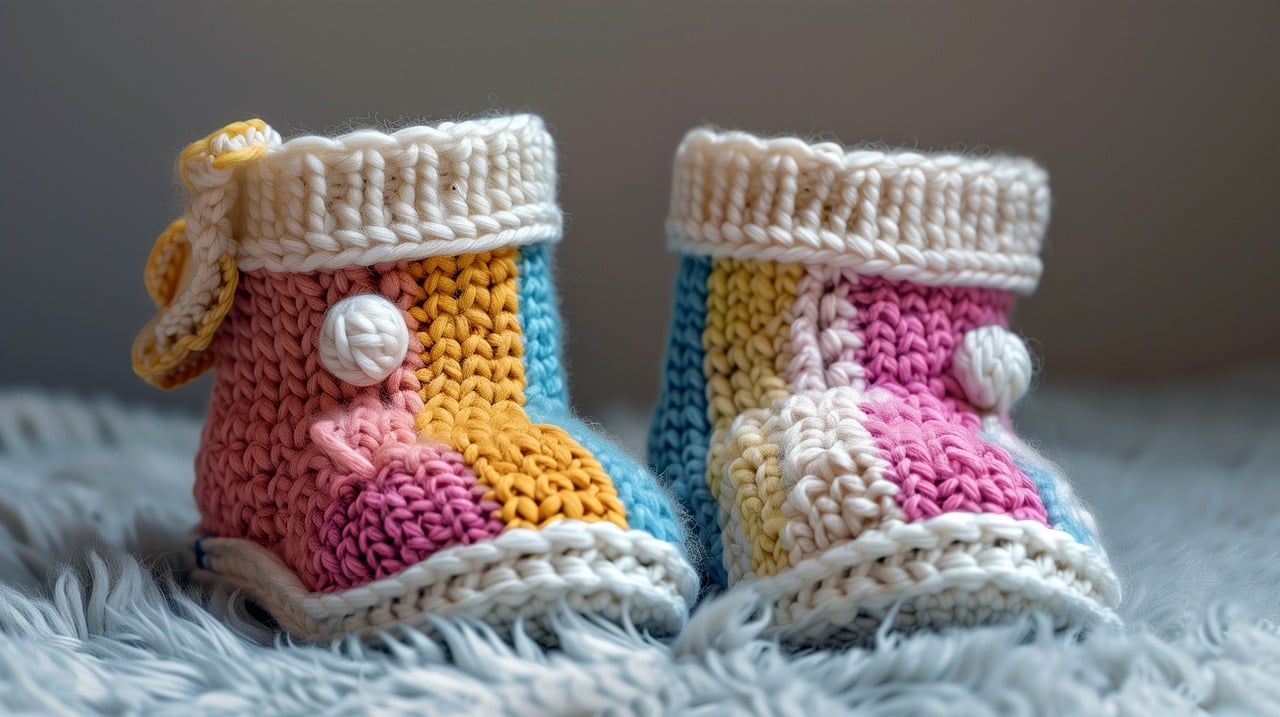Fashion Forecast: Trends in Sustainable Plus-Size Fashion
The plus-size fashion industry has been experiencing a shift towards sustainability in recent years. More and more brands are recognizing the importance of environmental consciousness and are incorporating eco-friendly practices into their production processes. This trend is not only beneficial for the planet but also promotes a positive image for the brands that embrace it.
Consumers are becoming increasingly aware of the impact of their purchasing decisions on the environment, leading to a growing demand for sustainable plus-size fashion options. As a result, many companies are making efforts to use recycled materials, reduce waste, and implement ethical manufacturing practices in order to cater to this eco-conscious market. This shift signifies a step in the right direction towards a more sustainable future for the plus-size fashion industry.
• As consumers become more environmentally conscious, the demand for sustainable fashion options in the plus-size industry continues to grow.
• Brands are incorporating eco-friendly practices such as using recycled materials and reducing waste in their production processes.
• Ethical manufacturing practices are being implemented by many companies to meet the demands of the eco-conscious market.
• The trend towards sustainability not only benefits the environment but also enhances the brand image for those who embrace it.
The Rise of Ethical and Eco-Friendly Materials in Plus-Size Clothing
The fashion industry has been making strides towards a more sustainable and eco-friendly approach, and this trend is now extending to plus-size clothing as well. Designers and brands are increasingly incorporating ethical and environmentally friendly materials into their plus-size collections, signaling a shift towards more conscious consumer options in this often overlooked market segment. From organic cotton to recycled polyester, these materials not only benefit the planet but also provide a better alternative for plus-size individuals looking to shop with a clear conscience.
In addition to the use of sustainable materials, the rise of ethical practices in the production of plus-size clothing is gaining momentum. More brands are focusing on fair trade practices, ensuring that garment workers are paid fairly and work in safe conditions. By prioritizing ethical considerations in their supply chains, these brands are not only promoting sustainability but also contributing to the improvement of labor standards within the plus-size fashion industry.
Inclusivity and Diversity in Sustainable Fashion for Plus-Size Individuals
Fashion is an ever-evolving industry that is progressively embracing inclusivity and diversity, especially in the realm of sustainable fashion for plus-size individuals. The shift towards more size-inclusive designs and styles is gradually gaining momentum, with brands recognizing the importance of catering to a wider range of body types. This positive change is not only empowering for those who have long been marginalized in the fashion industry but also contributes to a more inclusive and accepting society.
In addition to size inclusivity, diversity in sustainable fashion for plus-size individuals encompasses a multitude of aspects, including representation, accessibility, and ethical practices. By featuring diverse models of varying sizes, ethnicities, and backgrounds in their campaigns and collections, brands are not only celebrating individuality but also challenging societal norms and promoting acceptance. Moreover, the use of eco-friendly materials and ethical production processes further reinforces the idea of inclusivity by considering the environmental impact of fashion on a global scale.
Why is inclusivity and diversity important in sustainable fashion for plus-size individuals?
Inclusivity and diversity are important in sustainable fashion for plus-size individuals because it ensures that all body types are represented and catered to in the fashion industry. It promotes body positivity and self-acceptance, while also allowing for more options and choices for individuals of all sizes.
What are some sustainable practices that are being adopted in the plus-size fashion industry?
Some sustainable practices being adopted in the plus-size fashion industry include using eco-friendly materials like organic cotton, bamboo, and recycled fabrics, as well as reducing waste through processes like zero-waste pattern cutting and upcycling garments.
How can plus-size individuals support sustainable fashion in their own wardrobes?
Plus-size individuals can support sustainable fashion in their own wardrobes by shopping from brands that prioritize sustainability and ethical practices, investing in high-quality, timeless pieces that will last longer, and by participating in clothing swaps or second-hand shopping to reduce their carbon footprint.
What are some challenges faced by plus-size individuals in the sustainable fashion industry?
Some challenges faced by plus-size individuals in the sustainable fashion industry include limited options and availability of sustainable clothing in larger sizes, as well as higher costs associated with producing sustainable garments. Additionally, there may be a lack of representation and visibility of plus-size individuals in sustainable fashion campaigns and marketing.







